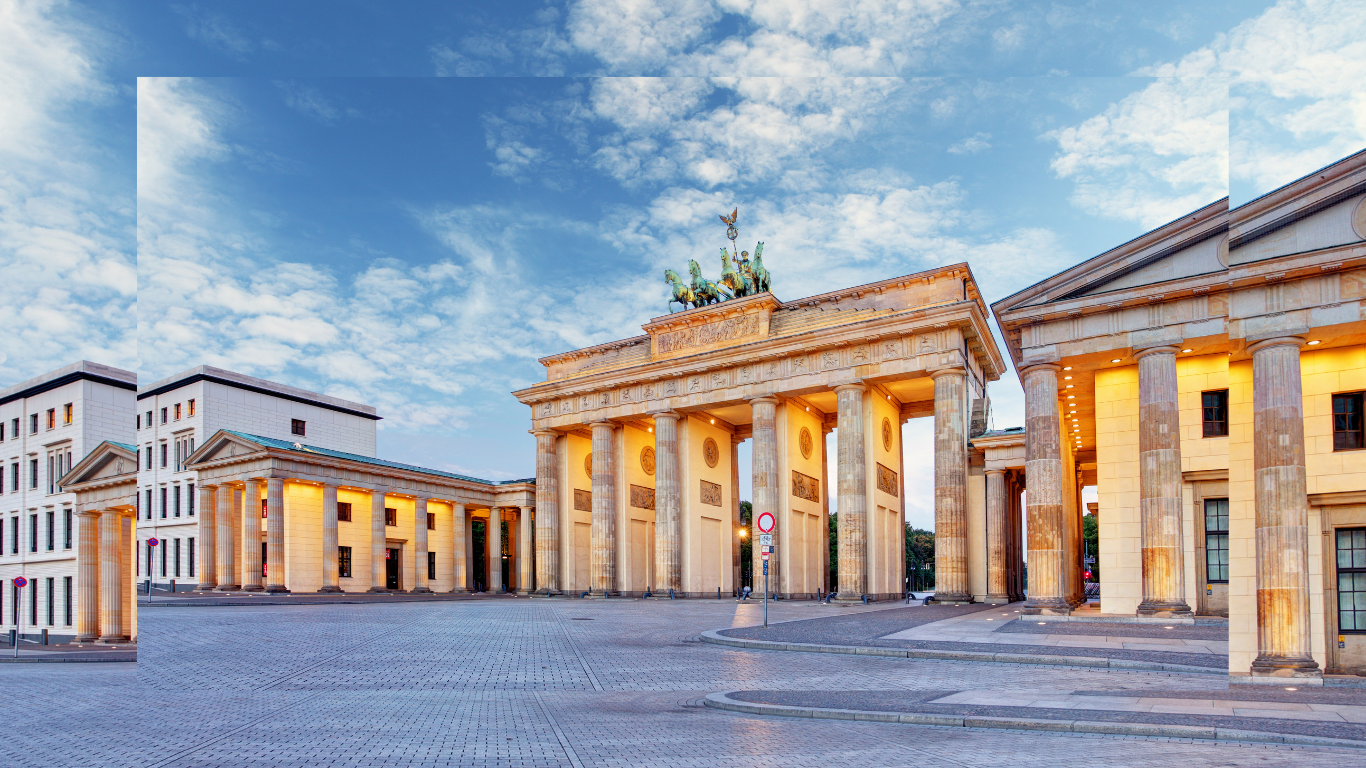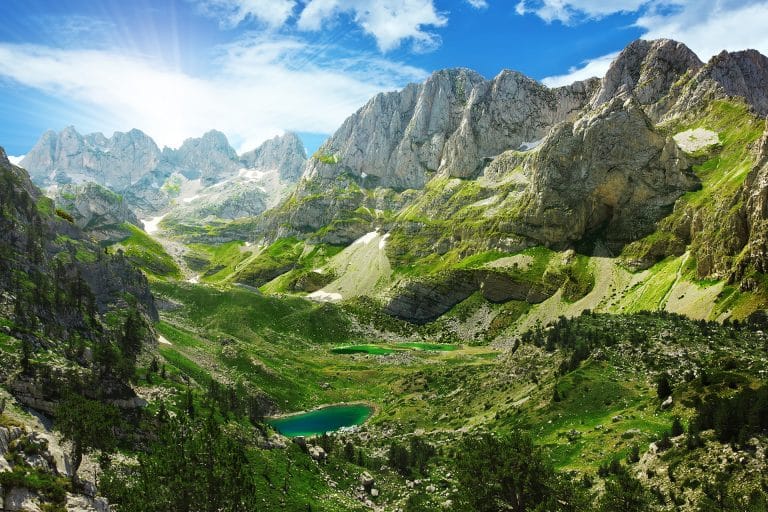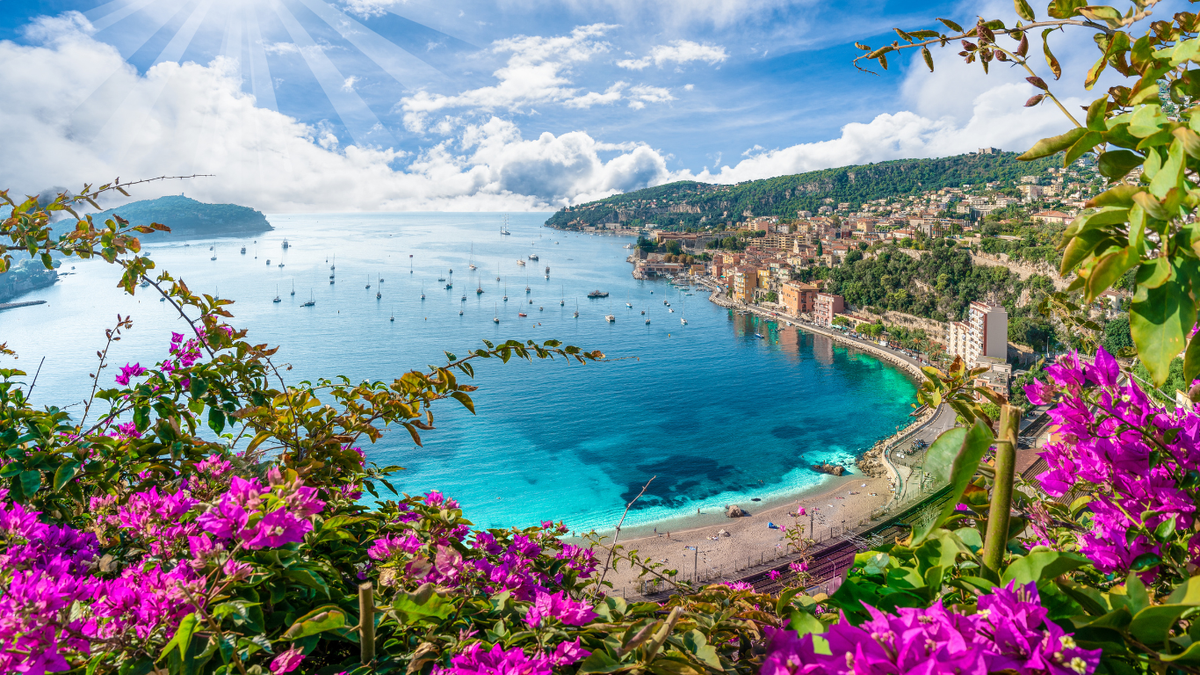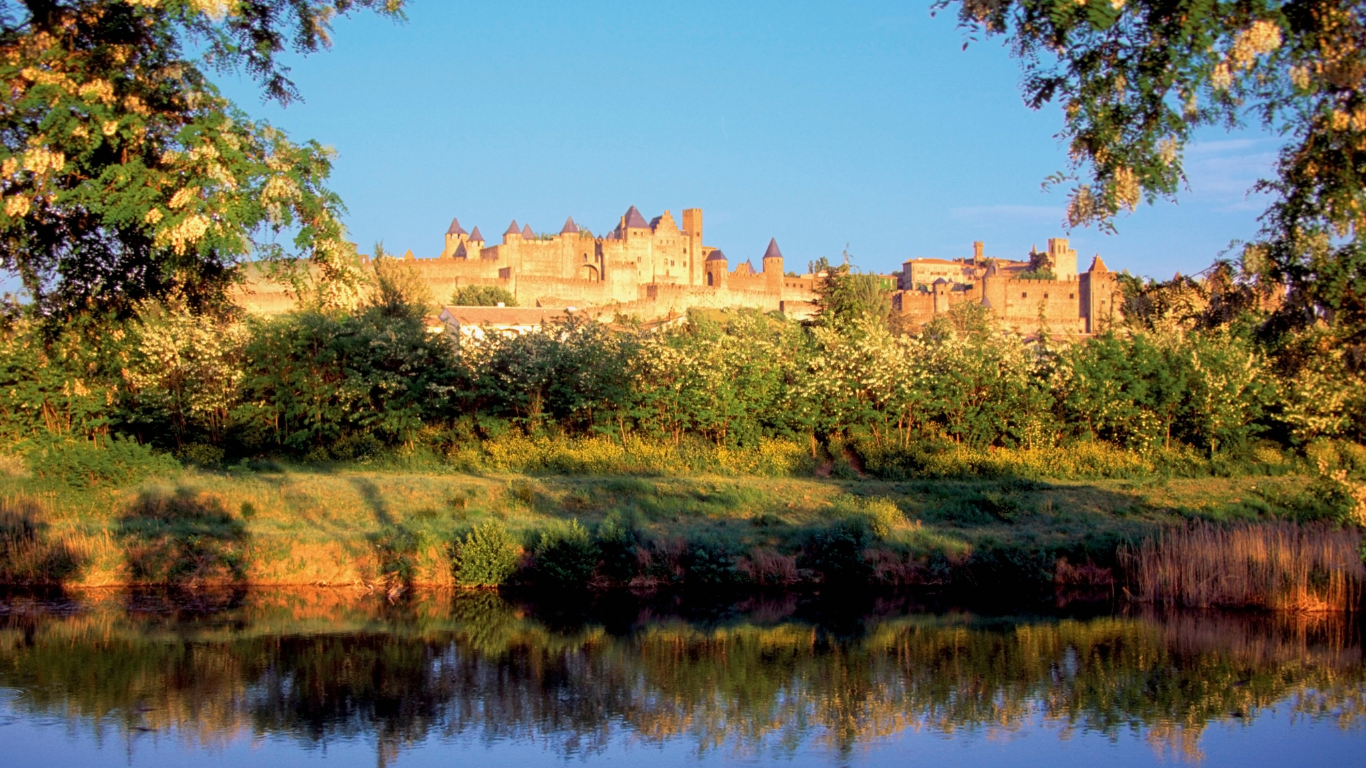Best Time To Visit Germany For Budget Travelers
Visiting Germany doesn’t have to break the bank. If you're planning a trip and trying to save money, timing is everything.
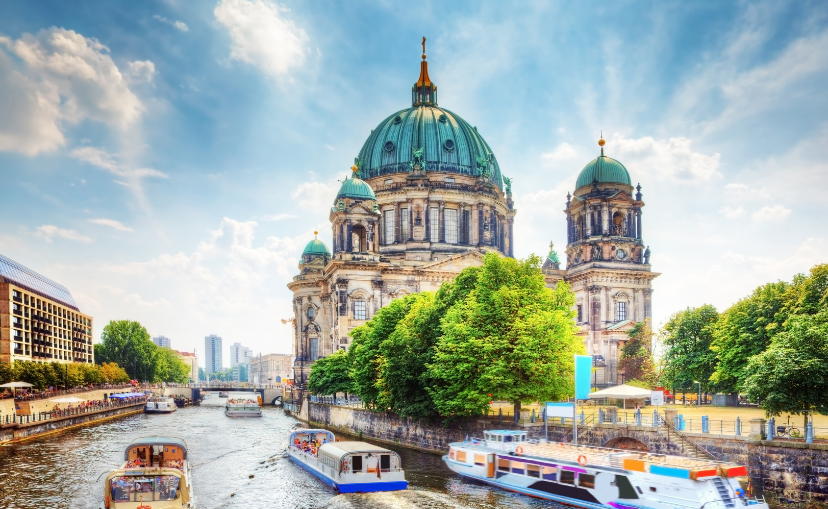
The best time to visit Germany on a budget is during the shoulder seasons—mainly late fall (mid-October through November) and early spring (March through early May). These months offer lower airfare, cheaper hotel rates, and fewer tourists at the big attractions like Neuschwanstein Castle, Berlin’s Museum Island, and the Black Forest.
You’ll miss the peak summer crowds and avoid the high prices of the Christmas markets in December. Plus, many of Germany’s best sights—like historic old towns, castles, and scenic train routes—are still open and less crowded. Here's a detailed breakdown of when and why to go if you want to keep your costs low.
Late Fall (Mid-October to November)
Late fall is one of the cheapest times to visit Germany. Once Oktoberfest wraps up in early October, crowds thin out fast. Cities like Munich, Frankfurt, and Berlin see a dip in hotel prices, and flight deals to Germany become more common.
While the weather gets cooler, it’s still comfortable for walking around cities or exploring castles and towns like Rothenburg ob der Tauber. Plus, the fall foliage in places like the Moselle Valley or Saxon Switzerland National Park is absolutely beautiful.
Highlights
- Cheaper flights and hotels post-Oktoberfest
- Fewer tourists at major landmarks
- Gorgeous fall colors throughout the countryside
- Easier access to last-minute deals on trains and tours
Early Spring (March to Early May)
Another great time to visit Germany on a budget is early spring. After the winter holidays and before summer kicks in, Germany enters a quiet, less expensive stretch. Cities and small towns are beginning to wake up from the cold, with flowers starting to bloom in public gardens and parks.
This is a great time for affordable city breaks. Hotel prices in Hamburg, Cologne, and Stuttgart are noticeably lower. Attractions like Heidelberg Castle, Sanssouci Palace, and the Rhine River Valley are less crowded, making it a great time to take photos and enjoy sightseeing without waiting in lines.
Highlights
- Lowest hotel prices before summer season
- Mild weather and blooming gardens
- Cheap train tickets and intercity travel deals
- Great time for museum visits and indoor attractions
Other Budget Travel Tips for Germany
Besides choosing the right time to visit, here are a few extra ways to save even more money while traveling in Germany:
- Use a Germany rail pass if you’re visiting multiple cities
- Book hotels with free breakfast and public transport passes
- Take advantage of free walking tours in cities like Berlin and Munich
- Eat at bakeries, food halls, or local Imbiss stands instead of restaurants
- Visit smaller towns instead of big cities for better prices and unique charm
Conclusion:
The best time to visit Germany on a budget is during early spring or late fall when prices drop and crowds are thin.
Other Post:
